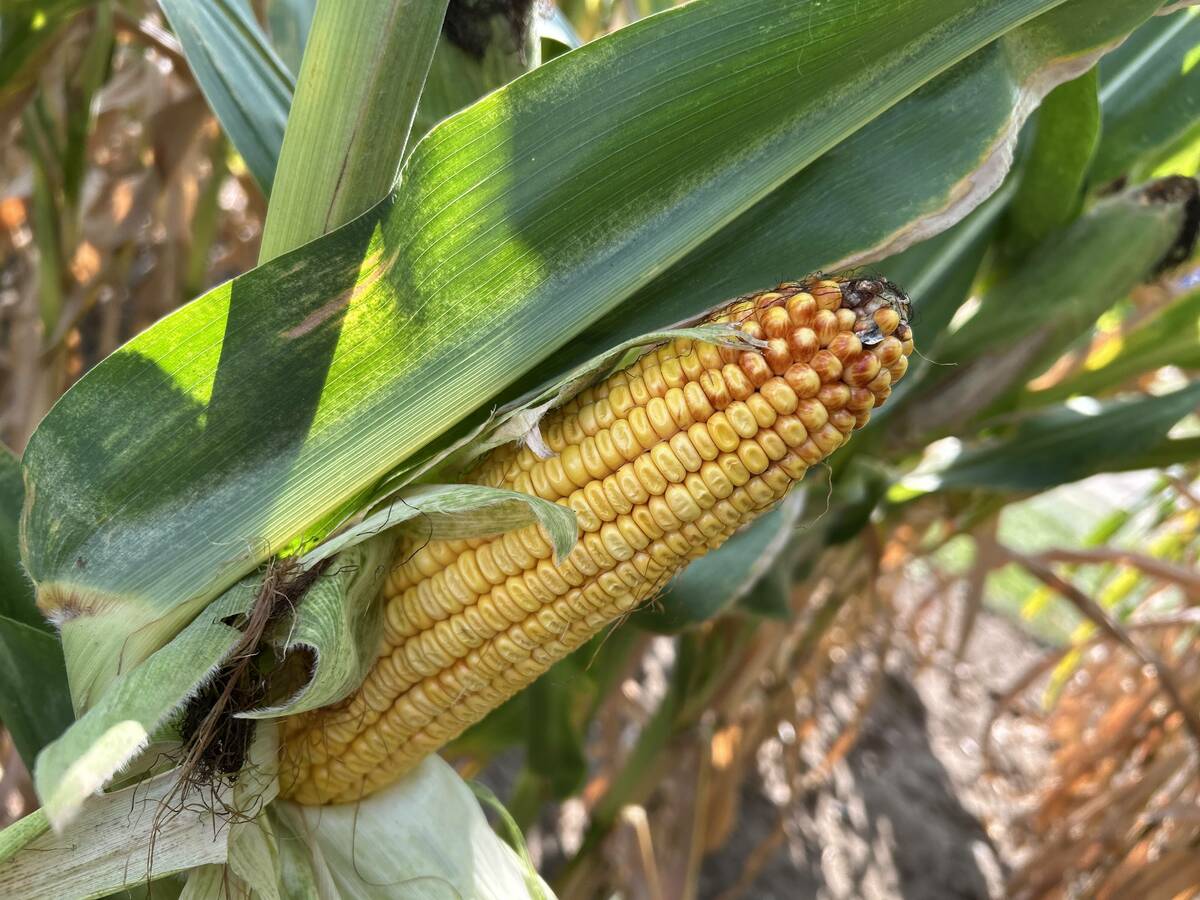The keynote speaker who opened a gathering of pulse crop scientists was just about to get to the topic of genetically modified research, when he realized he had run out of time.
To Lyle Minogue, chair of a new group called Pulse Canada Research, the incident was symptomatic of the reluctance of the pulse industry to go near the topic of GM research on pulse crops.
“We always tend to bypass that and not talk about it,” Minogue told researchers in Winnipeg Nov. 19 – 21.
“I’d like to point out we are dangerously close to having genetically modified pulse crops in Canada.”
Read Also

Crop estimates show mixed results
Model-based estimates used by Statistics Canada showed the 2025/26 crop year has seen increases in canola, corn for grain, oats and lentils production while seeing dips in spring wheat, durum wheat, soybeans and barley in comparison to 2024/25.
Unless the industry develops a position and strategy on GM pulse crops, they may be brought into Canada without any sort of preparation, said Minogue, chair of Saskatchewan Pulse Growers.
Minogue said Pulse Canada Research, an arm of Pulse Canada, will play a big role in determining how the industry handles the issue.
There may be a big market potential for GM pulses with certain qualities, said Minogue. Or, there may be premiums in non-GM pulse crops.
Either way, the industry needs to know what consumers want, and how to segregate GM pulses should they become available.
“I don’t think we can hide our head in the sand and say we don’t want to go that route,” said Minogue.
Fred Muehlbauer, the speaker who ran out of time to talk about GM pulses, said there’s little research into modifying legumes.
Muehlbauer, a pulse crops geneticist with the United States Department of Agriculture and Washington State University, agreed the issue should be discussed.
He questioned whether the industry would want to get involved in GM pulses. His research program has stayed away from GM research on purpose, hoping the industry will find value in marketing crops as GM-free.
Australian researchers have developed a procedure to genetically modify legumes, said Muehlbauer. It works on peas, lentils, chickpeas, faba beans and three types of lupins.
But they not taken steps to license it or go through government approval processes.














